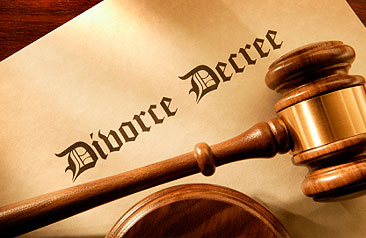Lawyers for Domestic Violence
We are experts in all branches of law with special expertise in Conveyance, Deemed Conveyance of Co-operative Housing Societies, Formation / Registration of Co-operate Law, Legal Consultancy on Annual Basis, Property Laws, Company Secretary Work (Corporate and Company Law), CSR Consulting, Society Accounting, Matrimonial and Divorce Law.
Ved Legal are expertise in Matrimonial Cases such as Domestic violence.
Meaning of Domestic violence (also named domestic abuse, battering, or family violence) is a pattern of behavior which involves violence or other abuse by one person against another in a domestic setting, such as in marriage or cohabitation. Intimate partner violence is violence by a spouse or partner in an intimate relationship against the other spouse or partner. Domestic violence can take place in heterosexual and same-sex family relationships, and can involve violence against children in the family.
Domestic violence can take a number of forms, including physical, verbal, emotional, economic, religious, and sexual abuse, which can range from subtle, coercive forms to marital rape and to violent physical abuse such as female genital mutilation and acid throwing that results in disfigurement or death. Domestic murders include stoning, bride burning, honor killings, and dowry deaths.
Primarily meant to provide protection to the wife or female live-in partner from domestic violence at the hands of the husband or male live-in partner or his relatives, the law also extends its protection to women living in a household such as sisters, widows or mothers. Domestic violence under the act includes actual abuse or the threat of abuse whether physical, sexual, verbal, emotional or economic.[3] Harassment by way of unlawful dowry demands to the woman or her relatives would also be covered under this definition.
The salient features of the Protection from Domestic Violence Act, 2005 are as follows:
The Act seeks to cover those women who are or have been in a relationship with the abuser where both parties have lived together in a shared household and are related by consanguinity, marriage or a relationship in the nature of marriage, or adoption; in addition relationship with family members living together as a joint family are also included. Even those women who are sisters, widows, mothers, single women, or living with them are entitled to get legal protection under the proposed Act.
“Domestic violence” includes actual abuse or the threat of abuse that is physical, sexual, verbal, emotional and economic. Harassment by way of unlawful dowry demands to the woman or her relatives would also be covered under this definition.
One of the most important features of the Act is the woman’s right to secure housing. The Act provides for the woman’s right to reside in the matrimonial or shared household, whether or not she has any title or rights in the household. This right is secured by a residence order, which is passed by a court. These residence orders cannot be passed against anyone who is a woman.
The other relief envisaged under the Act is that of the power of the court to pass protection orders that prevent the abuser from aiding or committing an act of domestic violence or any other specified act, entering a workplace or any other place frequented by the abused, attempting to communicate with the abused, isolating any assets used by both the parties and causing violence to the abused, her relatives and others who provide her assistance from the domestic violence.
The draft Act provides for appointment of Protection Officers and NGOs to provide assistance to the woman w.r.t medical examination, legal aid, safe shelter, etc.


